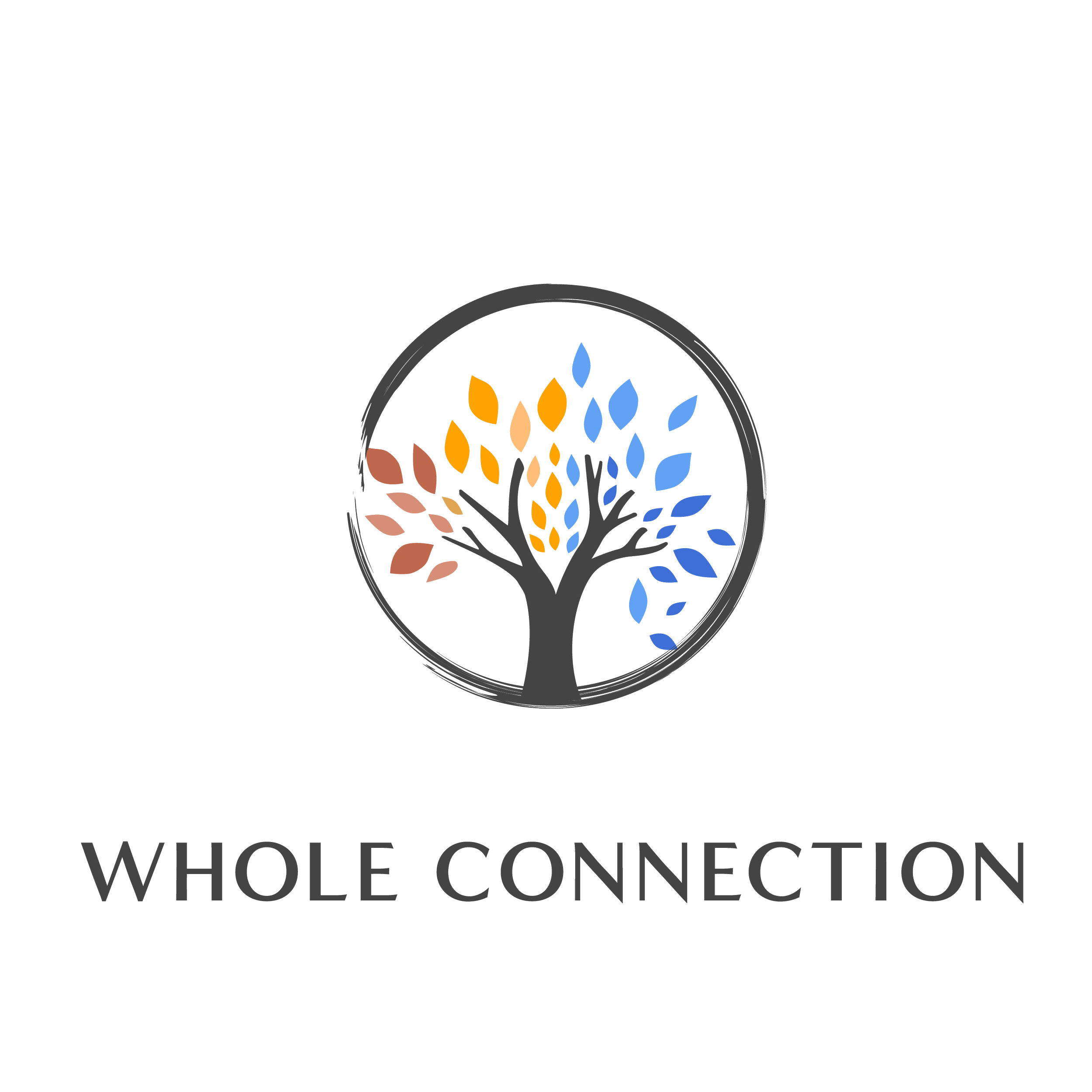Dharma Recovery
Contact:
For more info or questions, visit the Recovery Dharma
website.
Dharma Recovery Program
Recovery Dharma offers an approach to recovery based on Buddhist principles. The program is peer-led and non-theistic. Dharma Recovery welcomes all those who wish to pursue recovery as part of their community.
Recovery Dharma believes that recovery means empowerment, and support each other as partners walking the path together. They believe that recovery is rooted in finding our own inner wisdom and individual journeys.
Recovery Dharma is founded on, and inspired by, Buddhism that originated in India and later on flourished in other regions of Asia (e.g., South Asia, East Asia, Southeast Asia, Central Asia). The organization deeply appreciates the Buddhist heritage that was protected and freely offered by the ancestors of these cultures.
-
The non-profit organization, Recovery Dharma Global, is committed to taking tangible and concrete actions to support the inclusion of all members of the Global Sangha. This sangha elects board members who serve as volunteers for the organization. In addition to the legal duties of a nonprofit board, and the organization’s core intentions, the board’s responsibilities include the following four tasks:
Develop, publish, and distribute recovery-oriented material
Maintain a listing of Recovery Dharma meetings and communities
Provide support for social media communication, websites, and other online collaboration.
Coordinate and support regional and global conferences, and training opportunities
-
Recovery Dharma offers an approach to recovery based on meditation practice and investigation of Buddhist principles. Our program is peer-led and non-theistic. We welcome all those who wish to pursue recovery as part of our community. It is our intention to:
Create and maintain safe, supportive meetings and organizational structures.
Respect the confidentiality of all who attend and what is shared at our meetings.
Offer peer-to-peer support, given freely in the spirit of generosity.
Employ the services of professionals when necessary for the functioning of our organization.
Ensure that activities, retreats, and conferences are peer-led. We may utilize Dharma and meditation teachers and offer donations at our discretion.
Choose meeting formats, literature, meditations, and teachings while remaining true to our program.
Make decisions through a process in which each member’s voice is respected and considered.
Operate independently of any other organization, agency, teacher, or group.
Accept donations and raise funds only when consistent with our goal to be non-affiliated and self-directed.
Demonstrate integrity, accountability, and transparency in our decision-making and financial operations.
-
Feelings of self-doubt, confusion and anxiety often arise when we start a new path. The items listed in the this reading are some of the basic tools of our program. In Buddhist Recovery, our practice is to focus on the present moment with kindness and compassion.
If we engage in wise action now, we open the door for relief from suffering.
How do I Find a Meeting?
Other Addiction, Recovery & Sobriety Resources











